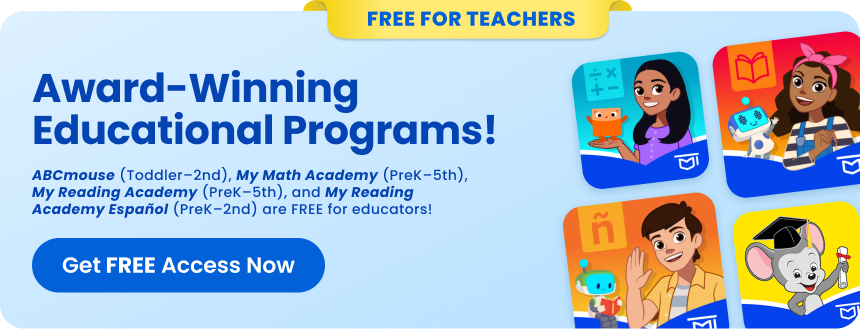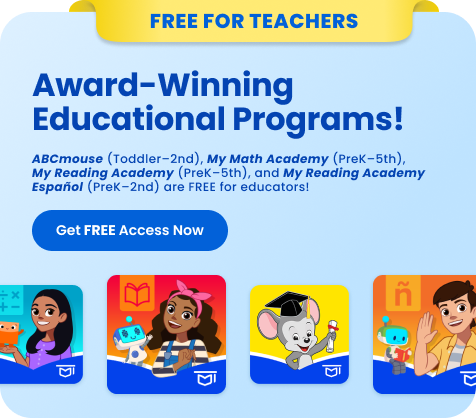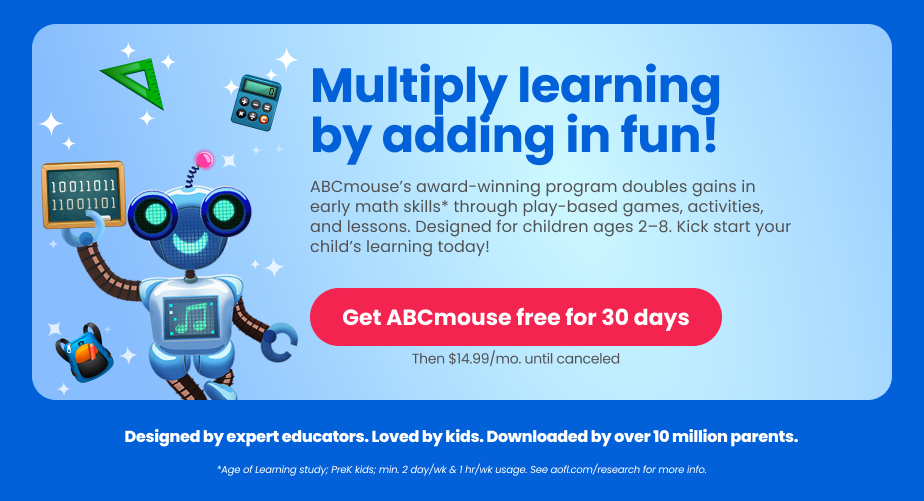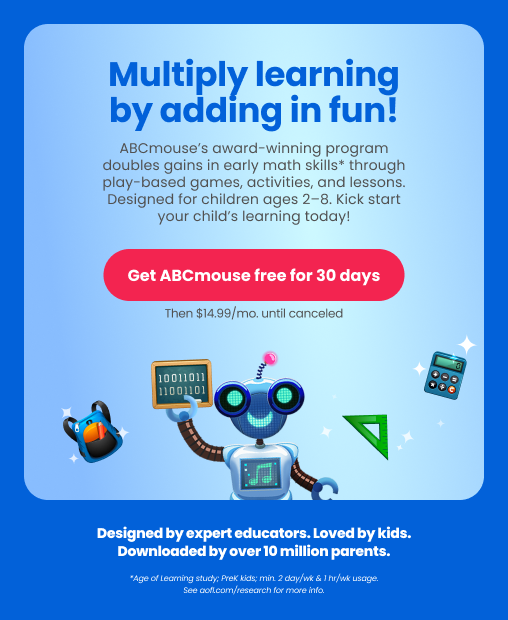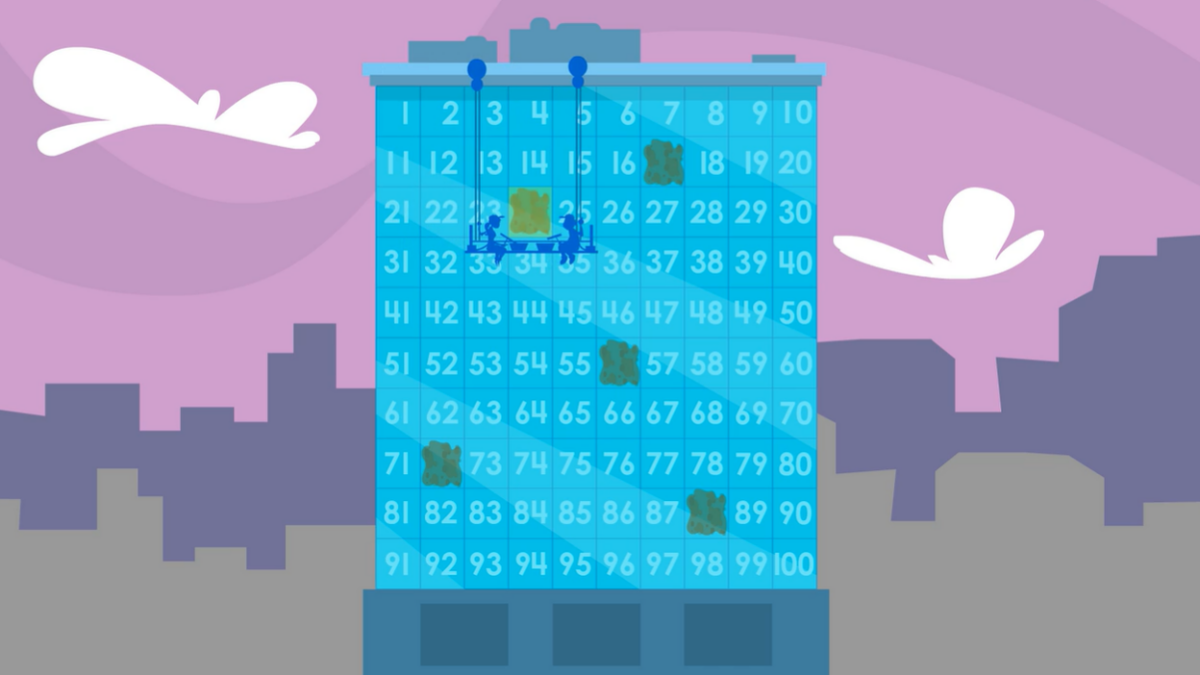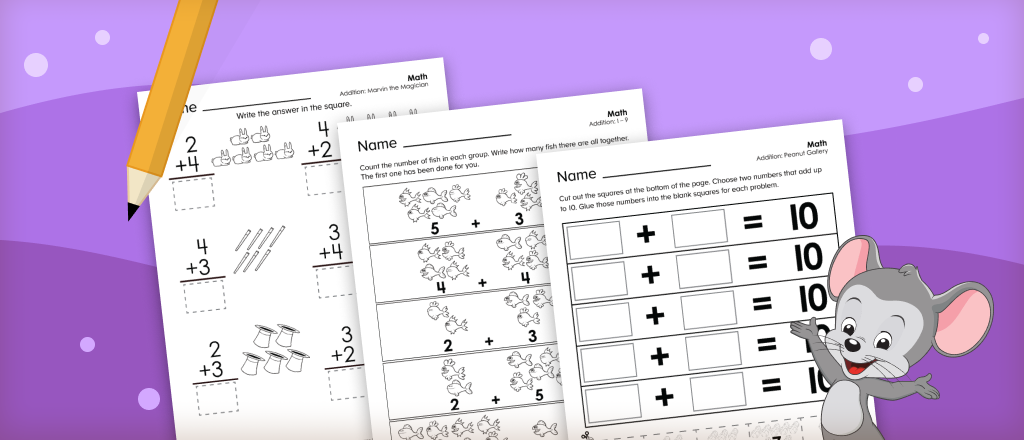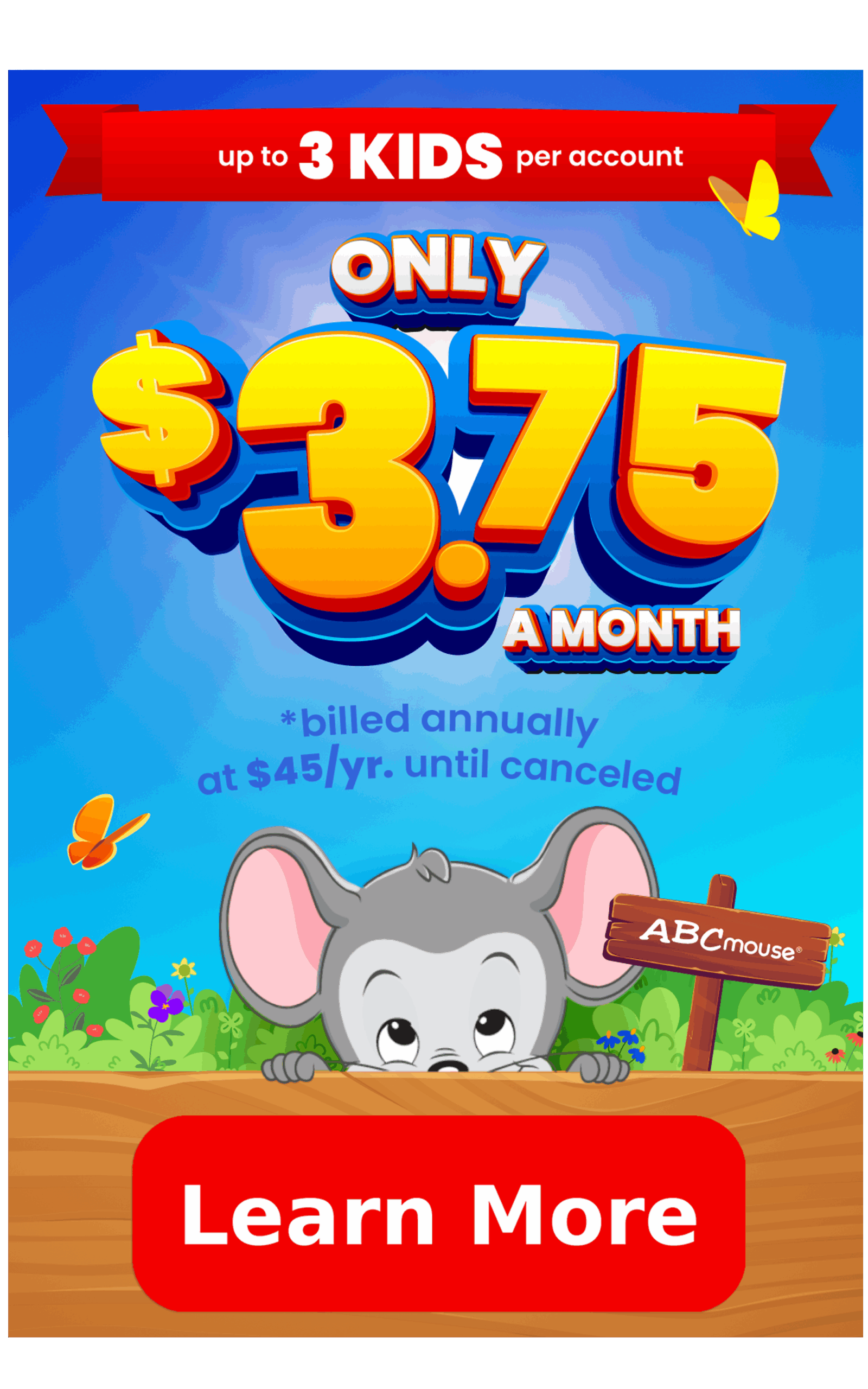
Key Math Concepts for Kindergarteners: Tips for Teaching
Kindergarten is more than just a stepping stone in a child’s educational journey. This foundational year sets the stage for future learning, especially in mathematics. From counting and basic shapes to simple equations and patterns, the math skills acquired during this critical period are building blocks for more advanced concepts in later years.
Your kindergartener is stepping into a world where their curiosity meets more structured learning. They’re beginning to connect the dots between the numbers, shapes, and patterns they’ve been exposed to in their preschool years.
As they navigate this exciting phase, your role as a parent is to guide them, making their learning journey enjoyable and meaningful. This is particularly true for mathematics—a subject that is not just about numbers but a way of thinking and understanding the world.

Kindergarten is a time for children to expand their understanding of numbers and shapes and to start making connections between different mathematical concepts. Here are some key areas to focus on:
1. Number Sense and Counting
Number sense and counting are crucial components of important kindergarten math skills. These foundational abilities are essential for more advanced operations like addition and subtraction.
Building on their preschool skills, kindergarteners should be able to count and recognize numbers up to 20. They should also start understanding the concept of ‘zero’. You can encourage this by counting steps on a staircase or counting the number of fruits in a basket.
Number sense is the intuitive understanding of numbers, their magnitude, relationships, and how they are affected by operations. It’s a fundamental skill that is the basis for all future math learning. Counting, a key component of number sense, helps children understand the value of numbers and their sequential order.
Tips for Encouraging Number Sense and Counting at Home:
- Count Everything: Use everyday situations to count objects, like the number of apples in a basket or steps on a staircase.
- Number Games: Play simple games like “I Spy” but with numbers. For example, “I spy something that is more than two.”
- Use Visual Aids: Number lines, counting charts, number tracing worksheets, or calendars can make abstract numbers more concrete.
- Talk About Numbers: Discuss numbers and their properties. For example, “Which is bigger, five or eight?”
By incorporating these tips into your daily routine, you can help your child develop a strong sense of numbers and counting, which is critical for their future success in math.
2. Understanding of Geometric Shapes and Spatial Awareness
At this age, children should start recognizing more complex shapes like hexagons and trapezoids, in addition to the basic shapes they learned in preschool. You can point out these shapes in everyday objects around them.
Shapes and spatial awareness are vital aspects of important kindergarten math skills. These concepts are foundational for geometry and problem-solving.
Understanding shapes goes beyond mere recognition; it helps children make sense of the world around them. Spatial awareness, the understanding of how objects relate to one another in space, is crucial for developing problem-solving skills and is foundational for geometry.
Simple Activities for Understanding Shapes and Spatial Awareness:
- Shape Hunt: Go on a “shape hunt” around the house or while out for a walk. Ask your child to identify shapes they see, like circles, squares, and triangles.
- 2 D Shape Worksheets: Find our FREE printable 2-D shape worksheets where kids can color by shape, draw their own shape picture, or do a shape cross word puzzle to practice learning the shape names.
- Puzzle Time: Jigsaw puzzles are excellent for developing spatial awareness. Start with simple puzzles and gradually move to more complex ones. You can check out all the puzzles offered on the ABCmouse App!
- Building Blocks: Encourage your child to build structures using blocks. Discuss the shapes used and how they fit together.
- Draw and Match: Draw various shapes on cards and have your child match them with objects around the house.
- Shape Coloring Pages; Take advantage of our FREE shapes coloring pages. Your child can print and color to make their own shape book.
These activities can help your child develop a strong understanding of shapes and spatial relationships, essential kindergarten math skills.
3. Grasping the Concept of Patterns and Sequences
Kindergarteners should be able to identify and create more complex patterns, such as those involving three or more elements. This can be practiced through activities like bead threading or block building.
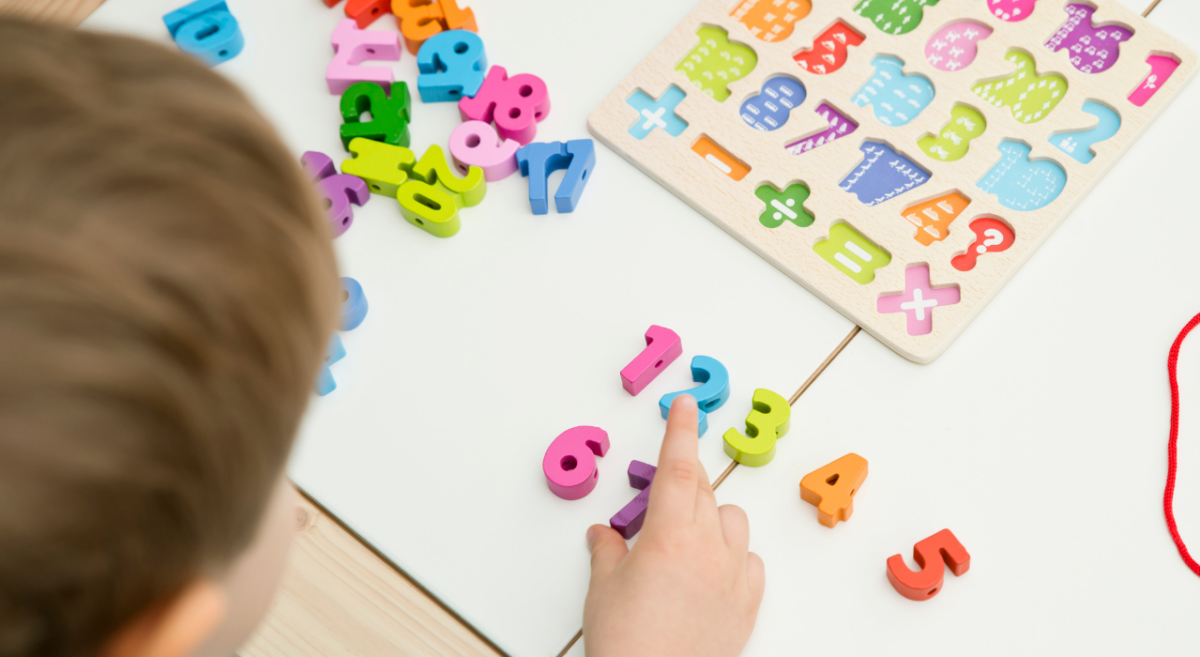
Understanding patterns is a foundational skill that significantly impacts a child’s mathematical thinking. Recognizing and creating patterns helps children develop a sense of order and predictability, which is essential for grasping more complex mathematical concepts like multiplication and division, and developing early algebraic thinking.
Fun Activities to Recognize and Create Patterns:
- Color Patterns: Use colored beads or blocks to create a simple pattern (e.g., red-blue-red-blue) and ask your child to continue.
- Musical Patterns: Create a pattern using musical notes or rhythms and have your child repeat it. This can be done with simple instruments or even by clapping hands.
- Patterned Snacks: Arrange snacks like fruit slices or crackers in a pattern on a plate. Have your child identify the pattern before eating.
- Pattern Worksheets: Take advantage of our FREE printable pattern worksheets where kids can practice identifying what comes next in the sequence.
- Nature Walk Patterns: Collect leaves, sticks, or stones during a nature walk and create patterns.
These fun activities can help your child recognize and create patterns, enhancing their mathematical reasoning skills.
4. Introduction to Addition and Subtraction
Kindergarteners should start performing simple addition and subtraction, ideally within 10. This can be introduced through fun activities like pretend shopping, where they add items to their cart and remove them.
Basic addition and subtraction are fundamental steps to mastering important kindergarten math skills. Kindergarten is often the first formal setting where children are introduced to basic addition and subtraction. These fundamental operations are the stepping stones to more advanced mathematical concepts essential for everyday problem-solving.
Tips and Resources for Practicing at Home:
- Flashcards: Create simple flashcards with basic addition and subtraction problems to quiz your child.
- Counting Objects: Use household items like buttons or fruit slices to visually represent addition and subtraction problems.
- Math Apps: Several educational apps are designed to make learning addition and subtraction fun. Apps like ABCmouse offer engaging, interactive games that reinforce these skills.
- Story Challenge: Create simple story challenges that involve addition or subtraction. For example, “If you have 5 apples and eat 2, how many are left?”
- Addition & Subtraction Worksheets: Provide worksheets with a variety of problems for your child to solve. These can range from basic single-digit addition and subtraction to more complex multi-digit problems, depending on your child’s skill level.
By incorporating these tips and resources into your daily routine, you can give your child the practice they need to master basic addition and subtraction.
5. Beginning to Learn About Measurement and Data
While they won’t be reading clocks just yet, kindergarteners can start understanding the concept of time in terms of morning, afternoon, and night and the sequence of days in a week.
Grasping fundamental measurements and analyzing basic data sets are integral components of essential kindergarten math competencies.
Ways to Incorporate Measurement and Data into Daily Life:
- Cooking Together: Teach measurements by letting your child help measure ingredients and discuss units like cups and tablespoons.
- Weather Charting: Create a simple weather chart and track daily temperatures or weather conditions. Discuss the data at the end of the week. Ask questions like, “How many sunny days did we have this week?” and “Which kind of weather did we have the most?”
- Height Chart: Make a height chart and measure your child’s monthly growth.
- Volume Experiment: Use different containers to teach the concept of volume. Ask questions like, “Which container holds more water?”
By integrating these concepts into everyday activities, you can make learning about measurement and data both practical and fun.
Fun Kindergarten Activities to Learn Math Concepts
Learning should be an adventure, and these activities are designed to make your child’s math journey exciting:
1. Shawna: 3D Paper Shapes
This ABCmouse activity is fun to introduce your child to 3D shapes. As they join Shawna in the park, they’ll learn to identify a sphere and a cube, regardless of their size or orientation.
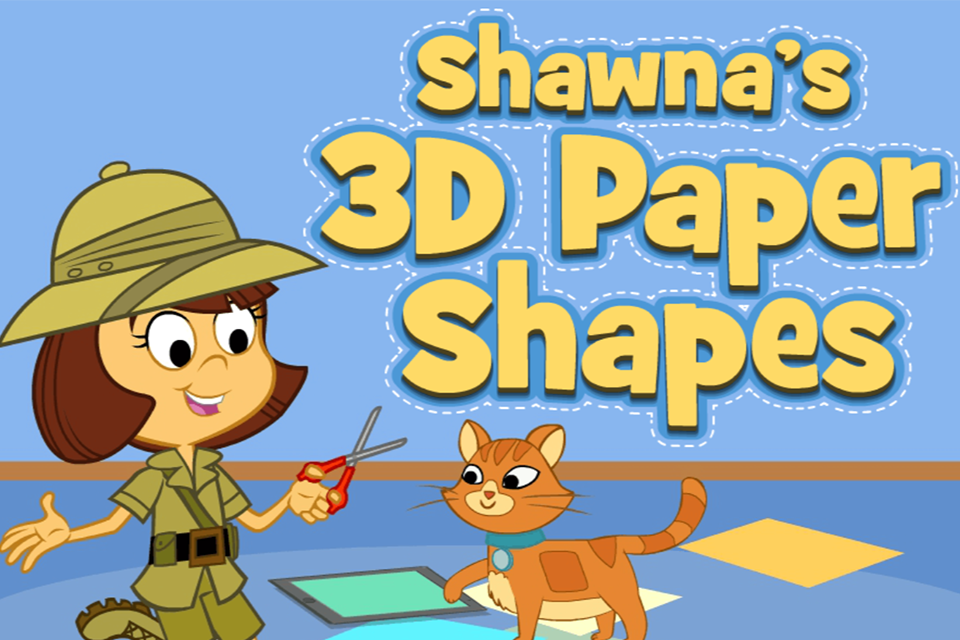
2. Addition and Subtraction Games with Objects:
Use objects like toy cars or building blocks to create simple addition and subtraction problems. For example, how many are left if you have five blocks and remove two?
Playing cards can be a fun, effective tool for teaching math to kindergarteners. Engage your child with the Card Collector game, enhancing skills in counting, comparing, categorizing, and conversing. A playful way to lay a solid math foundation!
3. Shape Drawing and Identification Activities:
Draw different shapes on a piece of paper and ask your child to identify them.
Then, encourage them to draw the shapes themselves. This will help them recognize different shapes and understand their properties.
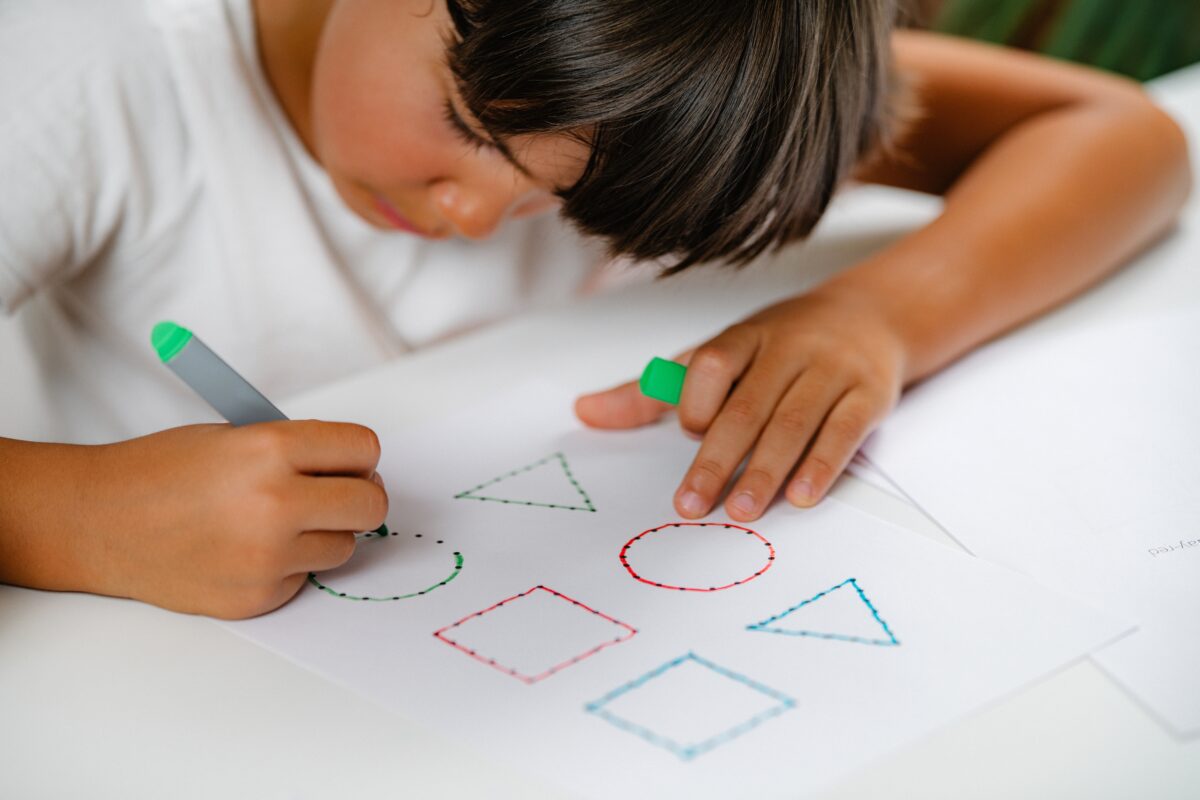
4. Pattern Recognition Games:
Create a sequence of colored blocks or beads and ask your child to continue the pattern. This will help them understand the concept of patterns and sequences.
5. Simple Clock Reading Exercises:
Introduce a toy clock or a real analog clock and explain the concept of hours and minutes.
You can also relate specific times to their daily activities like 7 o’clock is breakfast time, 12 o’clock is lunchtime, and so on.
Check out these Free Printable Time Telling Worksheets from ABCmouse

6. Additional Hands-On Math Activities for Your Kindergartener:
Explore more engaging hands on math activity ideas for kindergarteners! From building a Number City with blocks to crafting pipe cleaner flowers, hands-on math experiences enhance early math skills in a playful way. Perfect for home or classroom learning.
The Role of Everyday Experiences in Learning Math
Everyday experiences are rich with opportunities for learning math. These experiences allow children to see the relevance of math in their lives, making learning more meaningful and engaging.
Consider a simple activity like:
- Setting the table for dinner. This can be a chance for your child to practice counting as they place a plate, a spoon, and a fork for each member of the family.
- A walk in the park can turn into a mini math lesson as your child observes and compares the shapes and sizes of leaves or counts the number of ducks in the pond.
- Even the routine of their day is a lesson in sequencing, a key mathematical concept. As they understand the order of activities in their day—waking up, brushing teeth, having breakfast, and so on—they’re learning about the concept of ‘first’, ‘next’, and ‘last’.
Incorporating math into these everyday experiences makes learning more fun and helps your child understand the practical application of their learning concepts. It shows them that math isn’t just a subject in school but a tool that helps us make sense of the world around us.
As your child embarks on their kindergarten year, remember that your role is to guide and support them, making their learning journey enjoyable and meaningful.
By incorporating math concepts into everyday activities and play, you’re teaching them about numbers and shapes and helping them develop problem-solving skills and logical thinking.
So, let’s make this year a great adventure of learning and discovery for your kindergartener!
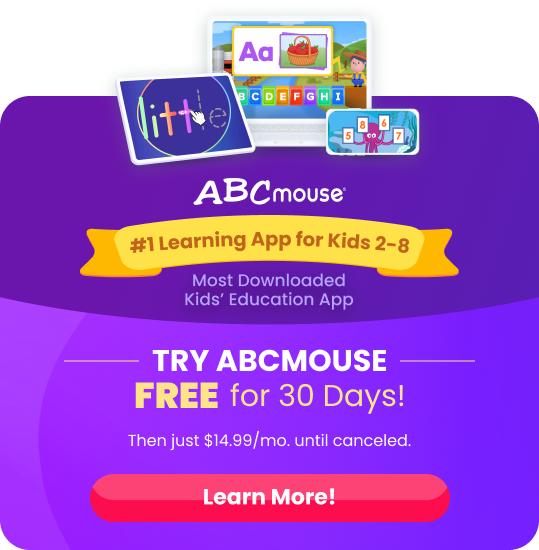
ABCmouse’s expert advice review process:
Our team of ABCmouse Curriculum Experts, made up of talented professionals in early childhood education and development, take a close look at educational content and learning claims. They put in the effort to make sure our information is accurate and current. We have a certified educator or another respected authority review the content, matching their expertise with the topic at hand. They’ll make sure the content is thorough and follows the latest research and educational guidelines. If they think we can make things even better, they’ll chat with our editorial team, and we’ll make those improvements right away. Only after a reviewer gives their thumbs-up does a piece of content get the official stamp of approval in the byline.


